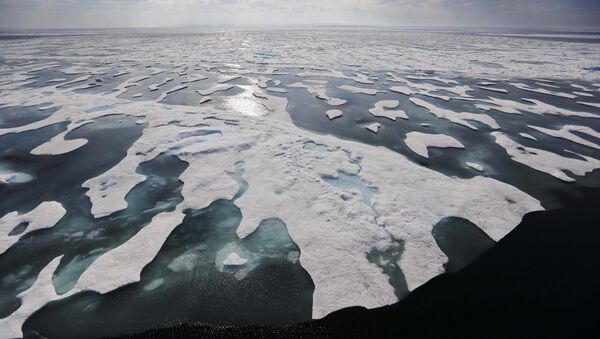"The long-term warming trend driven by human activities continued unabated," stated researchers Lijing Cheng and Jiang Zhu, in the journal Advances in Atmospheric Sciences.
"The high ocean temperatures in recent years have occurred as greenhouse gas levels in the atmosphere have also risen, reaching record highs in 2017," added the authors of the report, cited by Commondreams.org.
Commenting on the newly-released data, thermal sciences professor John Abraham with the University of St. Thomas School of Engineering, Minnesota, noted that almost all of the globe's heat is stored in the oceans.
"In terms of understanding how fast the Earth is warming, the key is the oceans," Abraham said, cited by The Guardian.
The sharp rise in global temperatures revealed that 2017 was the hottest on record for Earth's oceans "by far," according to the professor.
Although minor temperature fluctuations each year are considered to be within statistical norms, particularly as natural meteorological cycles such as the Pacific Ocean's El Niño/La Niña affect global weather patterns, Abraham asserted that, "the long-term upward trend that extends back many decades does prove global warming."
"The human greenhouse gas footprint continues to impact the Earth system," noted the study's researchers, pointing out that long term consequences include not just a sea level rise, but also "declining ocean oxygen, bleaching of coral reefs, and melting sea ice and ice shelves," cited by Phys.org.
"The consequences of this year-after-year-after-year warming have real impacts on humans," noted Abraham.



